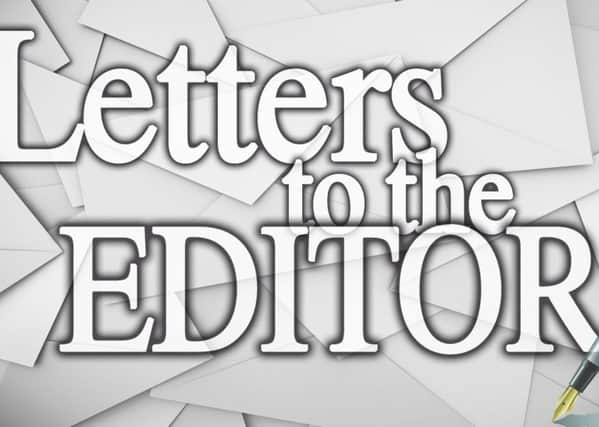Leaders must realise Brexit may replace old tribal loyalties


Responding to his statement that the Irish constitution aspires to there being a united Ireland Simon Hamilton remarked that he had shown ‘a lack of diplomatic judgement and immaturity’.
Let’s leave aside how laughable that is coming from the DUP, whose most senior members spent the latter part of 2017 hurling abuse at the Irish government.
Advertisement
Hide AdAdvertisement
Hide AdThe bottom line is that Mr Varadkar is perfectly entitled to express his views and, contrary to what unionists have claimed, has repeatedly made clear his commitment to the principle of consent.
As a Conservative I naturally do not share his desire for Irish unity, but I have infinitely more respect for him as a statesman than I do for the likes of Arlene Foster.
Instead of attacking him, she would do better to learn from him.
That way she might stand a chance of reversing the fortunes of unionism which declined in 2017 thanks to her.
Consider the facts.
Advertisement
Hide AdAdvertisement
Hide AdIn March unionism lost its majority at Stormont for the first time in a hundred years.
In the general election the DUP won three of the four seats in Belfast but by the narrowest of margins.
Across Northern Ireland unionist victories were concentrated in the north east.
For how long do unionists think this situation can be sustained?
In a post-Brexit context the answer is not very long.
Advertisement
Hide AdAdvertisement
Hide AdBrexit could soon displace traditional tribal loyalties as the main determinant of how people vote.
This would be a positive step towards normalising our politics.
But unless unionists elect leaders capable of promoting an inclusive vision of unionism, Northern Ireland’s place in the UK will be at serious risk.
Adam Moore, Conservative, BT6